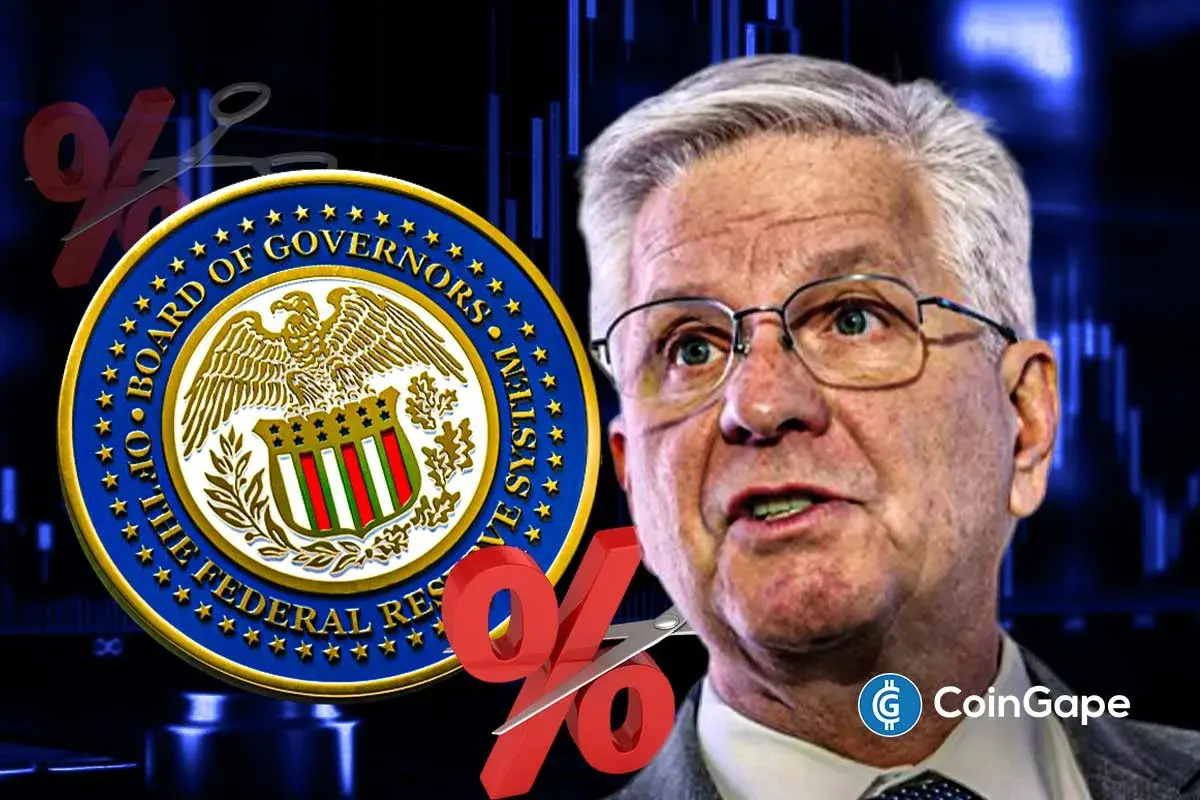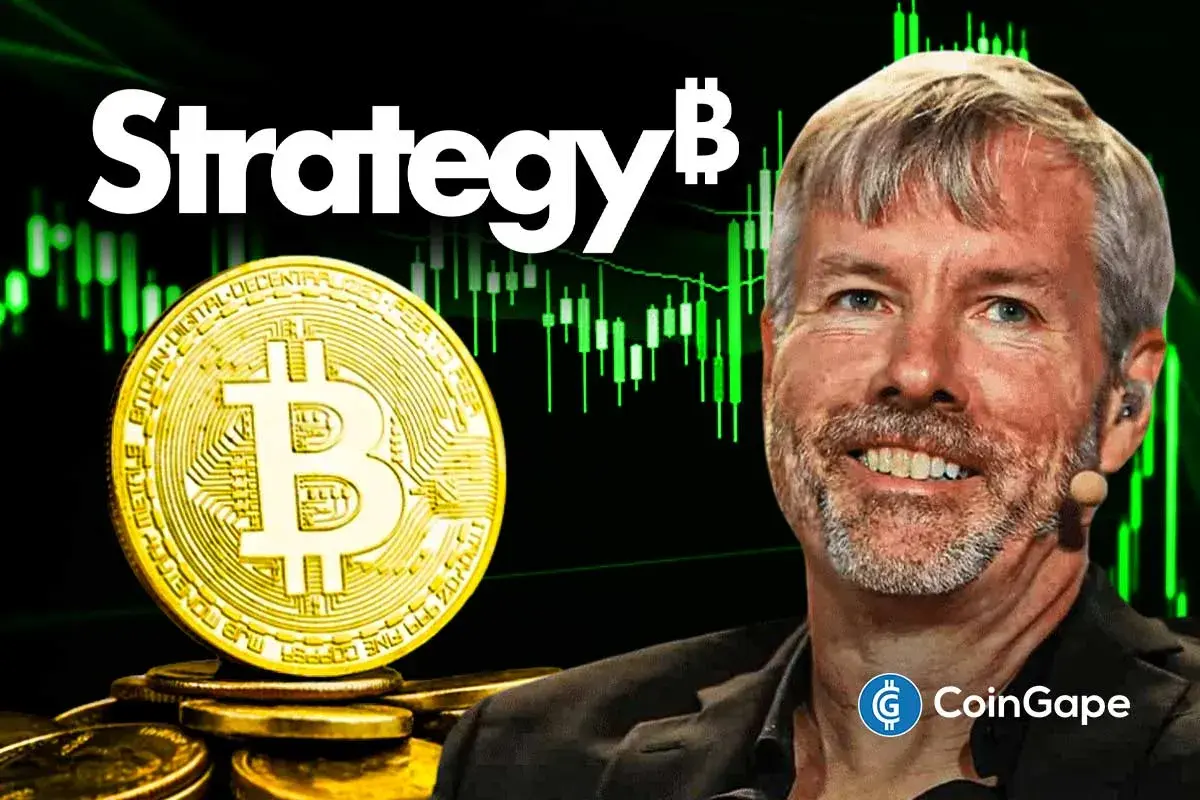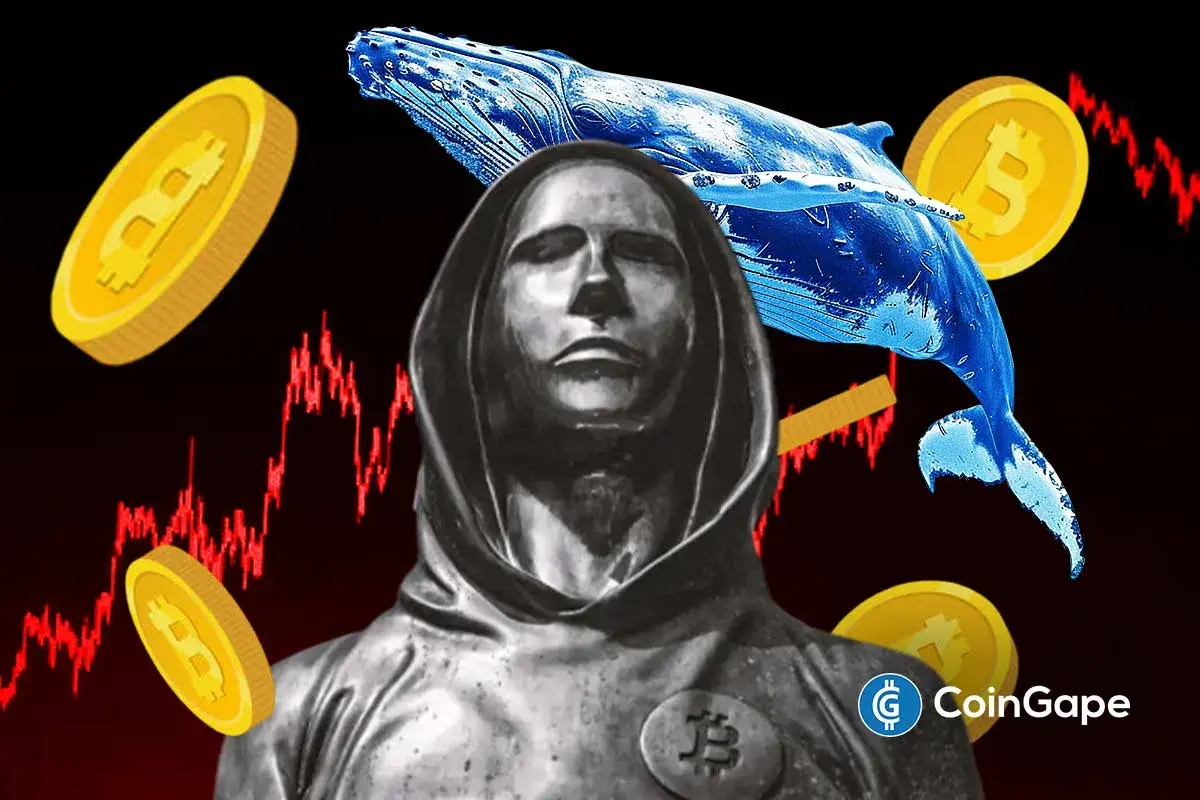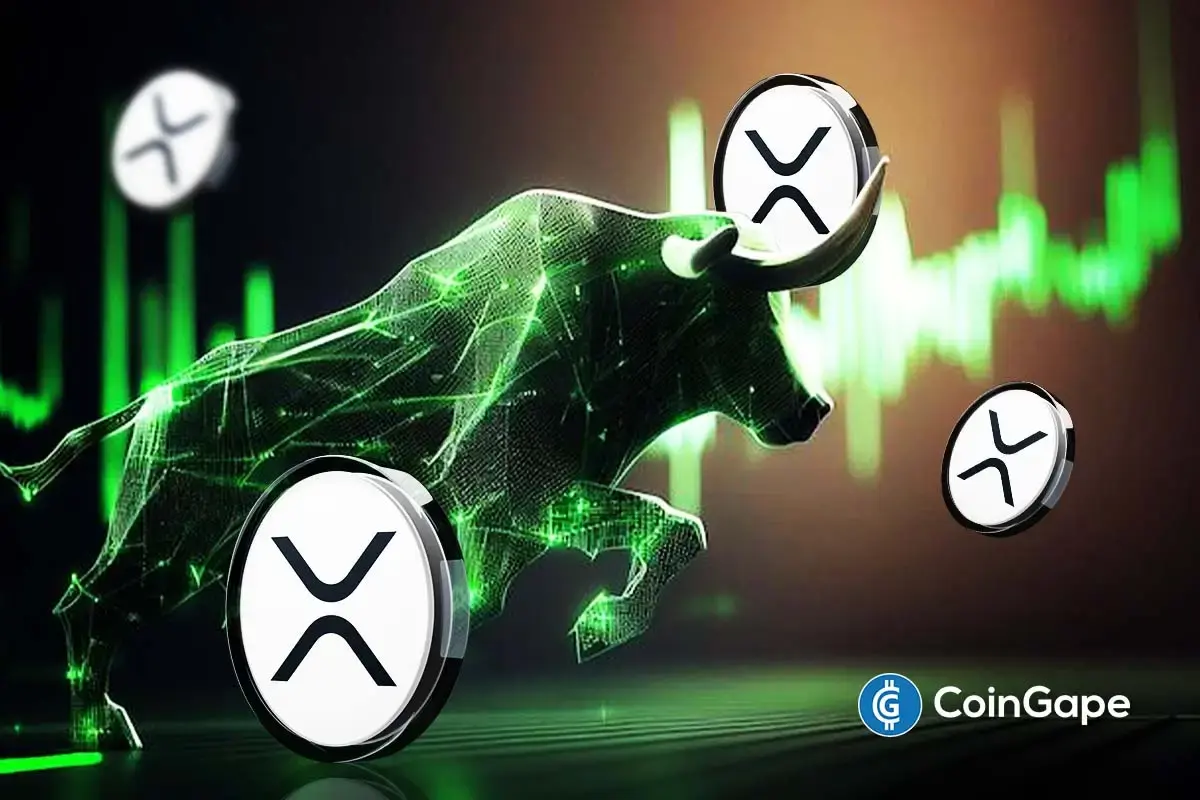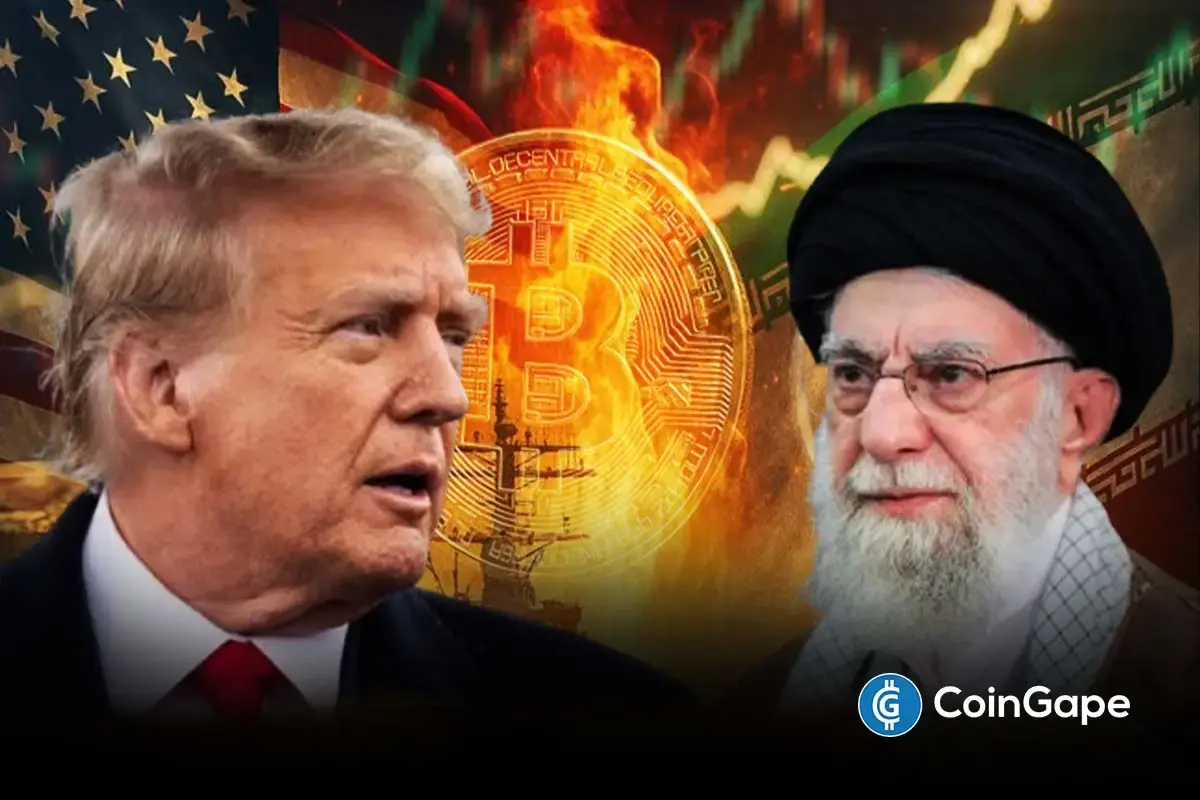SEC Enforces New Rules Aimed at Safeguarding Crypto Investors

Highlights
- SEC's new regulations extend oversight to crypto and DeFi, demanding registration for liquidity providers.
- Industry uproar over SEC's crypto regulations reveals lack of clarity and guidance.
- Commissioner Peirce questions applying traditional rules to crypto protocols.
The Securities and Exchange Commission (SEC) has implemented new regulations that widen its reach to include market participants who engage in cryptocurrency transactions considered securities, including those under the decentralized finance sector.
This action is meant to strengthen investor protection by making these entities adhere with federal securities laws. The ruling, passed by a 3-2 vote, has brought about considerable changes in the way liquidity providers within the crypto space conduct their businesses, requiring them to register as dealers or government securities dealers under some conditions.
New Regulatory Framework
The SEC’s 247-page rule, which was finalized on Tuesday, defines the circumstances under which individuals and entities involved in crypto asset transactions should follow current securities rules.
In particular, individuals who conduct activities that typically include a pattern of buying and selling crypto asset securities to provide liquidity into the market are now required to register. This applies unless their assets fall below the $50 million threshold, which has been set as an exemption cap.
Impact on Decentralized Finance
The implications of this rule extend deeply into the DeFi ecosystem, affecting automated market makers (AMMs) and other DeFi protocols. AMMs, which facilitate trading through liquidity pools locked in smart contracts, are now under scrutiny.
The SEC’s stance categorizes these mechanisms as partaking in dealer activities if they meet the defined regularity in trading, thus necessitating registration. This development has sparked concern within the industry, with many arguing that these platforms’ decentralized and autonomous nature makes compliance challenging.
Concurrently, The crypto industry has sharply criticized the SEC’s rule, highlighting its practical hassles and perceived overreach in imposing traditional securities laws on DeFi space. Critiques claim that the absence of a unified controlling authority in DeFi protocols makes SEC’s requirements inconvenient and harmful to innovation.
🚨Very important exchange from today's SEC hearing where SEC staff assert that the new broker-dealer rule will make all LPs in AMMs into securities dealers with a registration requirement. Paraphrase of @HesterPeirce 's incisive questioning of staff below: 🚨
Staff:
"AMM is…— _gabrielShapir0 (@lex_node) February 6, 2024
These high-profile responses from organizations such as the DeFi Education Fund and Chamber of Digital Commerce showcase industry frustration with what many see in this space as a lack of clarity, engagement, and regulatory guidance from the SEC.
Dissenting Voices Within the SEC
The rule was adopted with opposition. In particular, Commissioner Hester Peirce has been outspoken about her concerns, and she wonders whether it is possible to apply such regulations to software protocols like AMM.
The debate within the Commission illustrates broader uncertainties regarding appropriate ways of integrating the fast-developing crypto industry into an existing regulatory framework without stifling innovation or jeopardizing investor protection.
Read Also: Crypto Legislation: XRP Lawyer Vindicates 3 Coins Amid Crackdown Calls
- Fed’s Chris Waller Says Support For March Rate Cut Will Depend On Jobs Report
- Breaking: Tom Lee’s BitMine Adds 51,162 ETH Amid Vitalik Buterin’s Ethereum Sales
- Breaking: Michael Saylor’s Strategy Makes 100th Bitcoin Purchase, Buys 592 BTC as Market Struggles
- Satoshi-Era Whale Dumps $750M BTC as Hedge Funds Pull Out Billions in Bitcoin
- XRP Sees Largest Realized Loss Since 2022, History Points to Bullish Price Run: Report
- Top 3 Meme Coins Price Prediction As BTC Crashes Below $67k
- Top 4 Reasons Why Bitcoin Price Will Crash to $60k This Week
- COIN Stock Price Prediction: Will Coinbase Crash or Rally in Feb 2026?
- Shiba Inu Price Feb 2026: Will SHIB Rise Soon?
- Pi Network Price Prediction: How High Can Pi Coin Go?
- Dogecoin Price Prediction Feb 2026: Will DOGE Break $0.20 This month?







